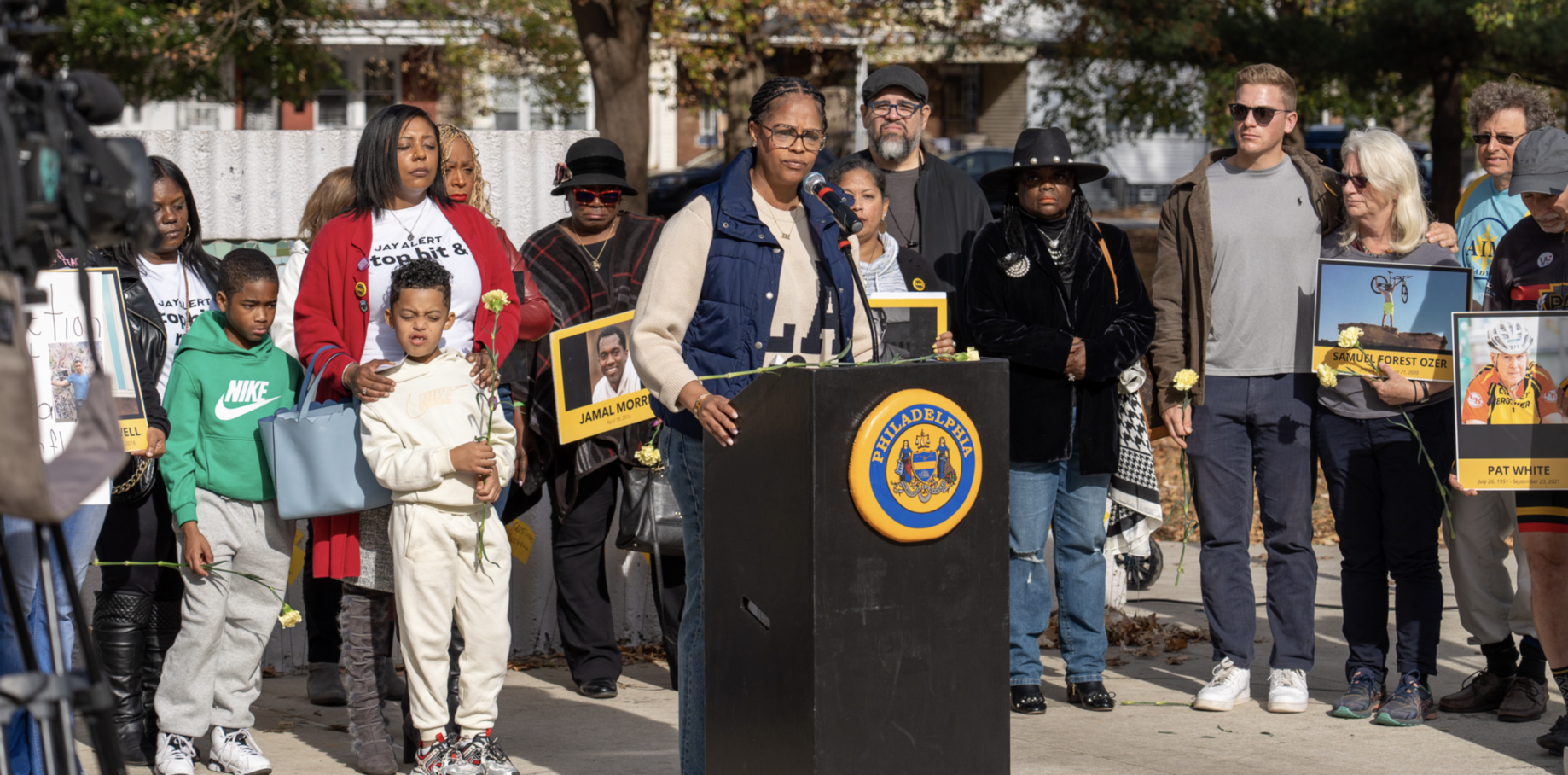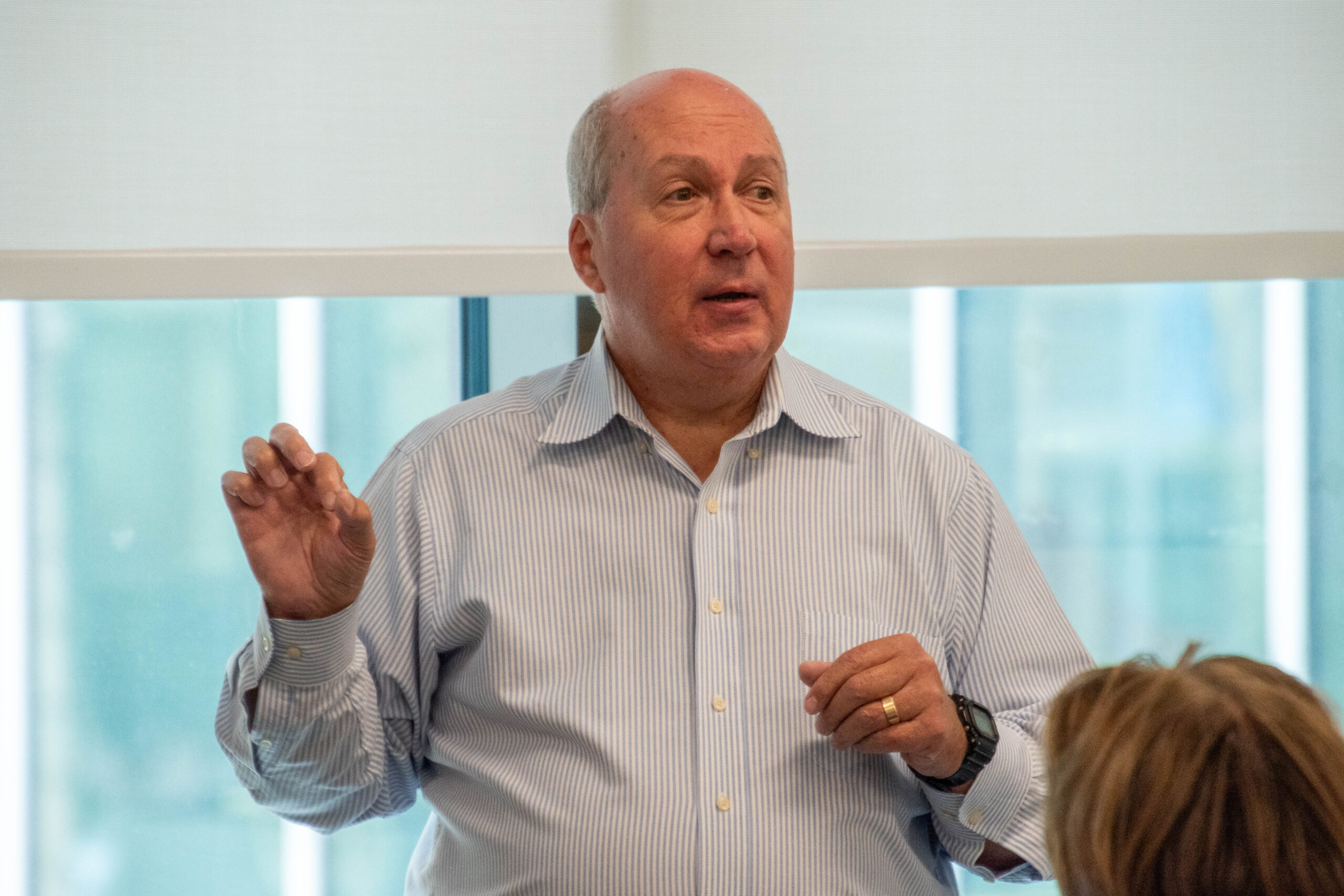Sports
Should San Diego spend millions to lure big sports events? A proposed city fund could do just that

San Diego may create a special multimillion-dollar fund to attract high-profile sporting events it hopes would elevate the city’s global image and potentially pay for itself by boosting tourism.
City officials say the timing is ideal with some major global events on the horizon, the recent addition of Snapdragon Stadium as a venue and the possibility of getting a replacement for the sports arena in coming years.
Major events coming soon to the U.S. include the men’s World Cup soccer in 2026, the Los Angeles Summer Olympics in 2028 and rugby world cups for men in 2031 and women in 2033.
But the fund wouldn’t only target global events. It would also try to attract large youth sports events, college tournaments and more offbeat events that draw large crowds.
The new fund, which would aim to entice new events with incentives and fee waivers, could help San Diego compete with other cities in the competitive world of sports tourism.
“We know sports tourism is on the rise across the world,” Councilmember Raul Campillo said this week during a presentation on the proposed fund. “It’s a trend that brings a lot of opportunity to our economy, benefitting local businesses and showcasing the city.”
Sports San Diego, a nonprofit that runs the Holiday Bowl and began promoting the city for global sports events in 2022, said San Diego is not getting as much as it could in sports tourism dollars.
A recent analysis the nonprofit cited found that the number of people worldwide traveling to see sports events climbed from 175 million in 2021 to 205 million in 2023, and that spending connected with sports tourism climbed from $39.7 billion to $52.2 billion during the same period.
“It’s far above pre-pandemic levels and on a great growth path,” said Mark Neville, chief executive of Sports San Diego, formerly known as the San Diego Bowl Game Association. “We want to get our share of that pie for San Diego. Currently we are not and we can do much better.”
Neville is asking for a $2.2 million initial investment from the city to launch the fund, which he calls a global sports event fund. Additional funding could be requested in coming years.
Half the money would go toward recruiting new events, and the other half would be used to help existing events, such as the annual professional golf tournament at Torrey Pines, keep operating.
“Costs are growing considerably and revenues aren’t necessarily keeping up with that,” said Neville, describing the struggles of many longtime San Diego events.
Marty Gorsich, chief executive of the nonprofit Century Club that runs the Torrey Pines tournament, said incentives from a new fund would be welcome.
“Just because an event like ours has been in San Diego for over 60 years doesn’t mean it can be taken for granted, or an assumption can be made it will be around for 60 more,” Gorsich said.
“The dramatic escalation of specific costs and fees related to operating events like ours in this city have grown astronomically the last few years, and are showing no signs of slowing down,” he said. “Having the opportunity to apply for some level of appropriate support from a fund specifically designed to both retain and grow events that truly benefit our community would be an absolute win.”
Neville said the need for incentives has grown sharply in recent years as other states and cities have begun offering them.
Florida and Texas offer state incentives for sports tourism, while California doesn’t.
Neville also provided a list of cities that offer incentives with similar funds to the one he is proposing. They include Vancouver, Miami and Washington, D.C., as well as other California cities like Sacramento, Long Beach, Ventura, Santa Rosa, Hermosa Beach, Newport Beach and Culver City.
Sports tourism generates revenue for the city by boosting hotel tax and sales tax.
Campillo said he thinks San Diego’s weather and other tourist attractions make the city ideal for a sports tourism push.
“When people come for a sporting event, they don’t just go right back home,” he said. “They visit all the other parts of our city and that has a reverberating positive effect economically. This is a place where people want to take advantage of the vacation they’ve been thinking about and pair it together with a sporting event.”










